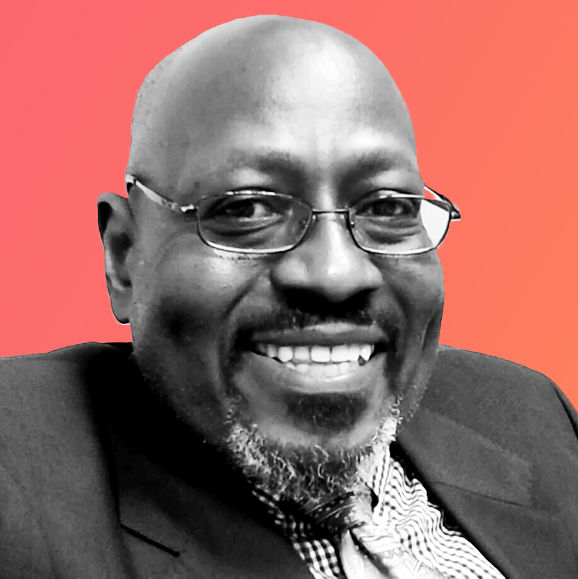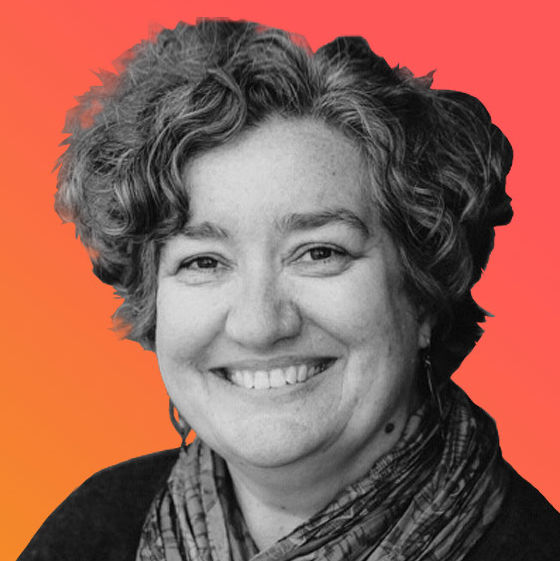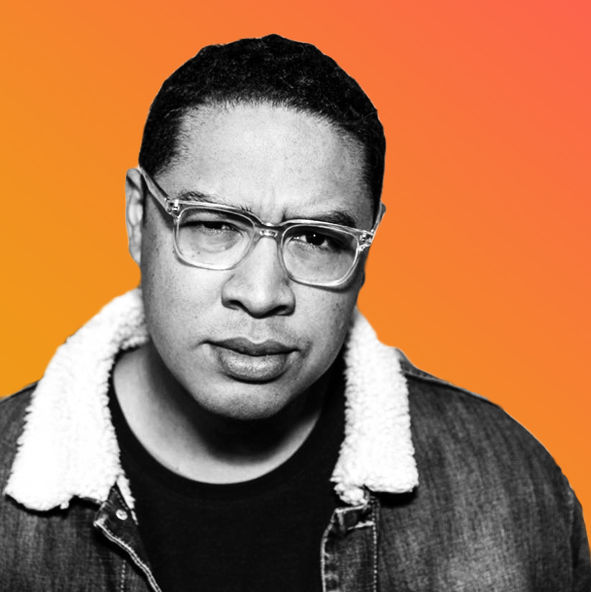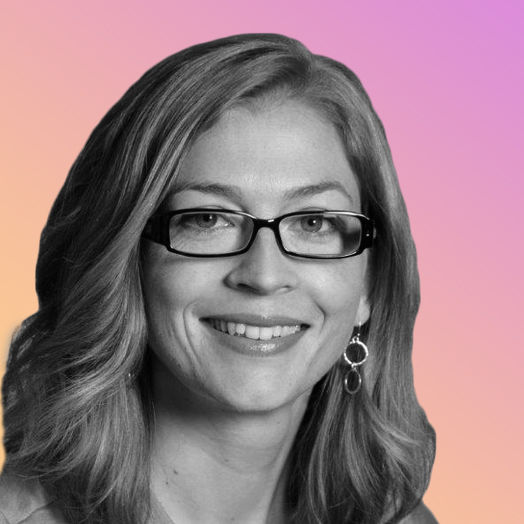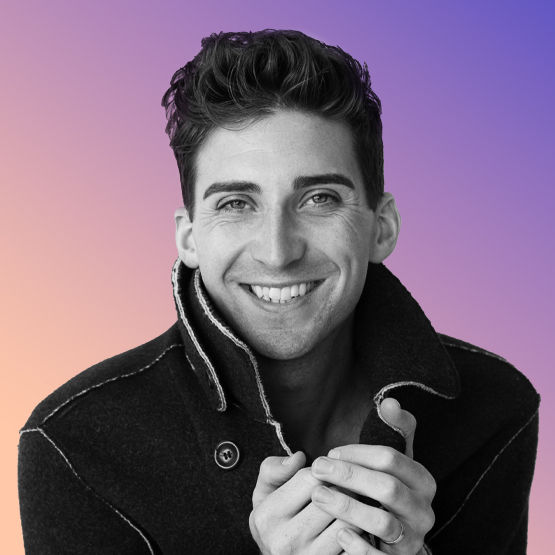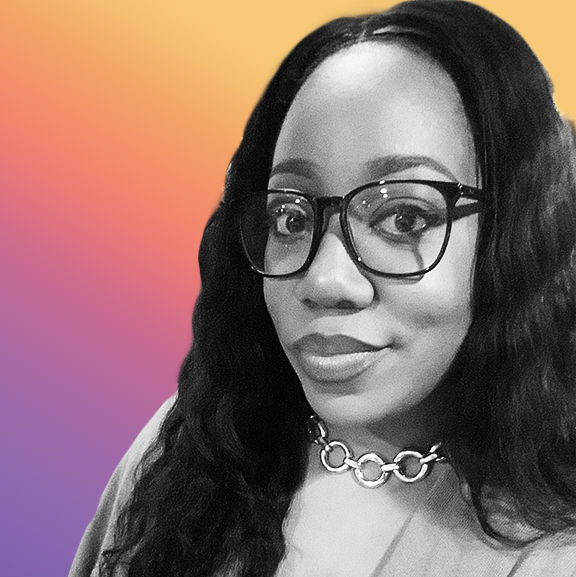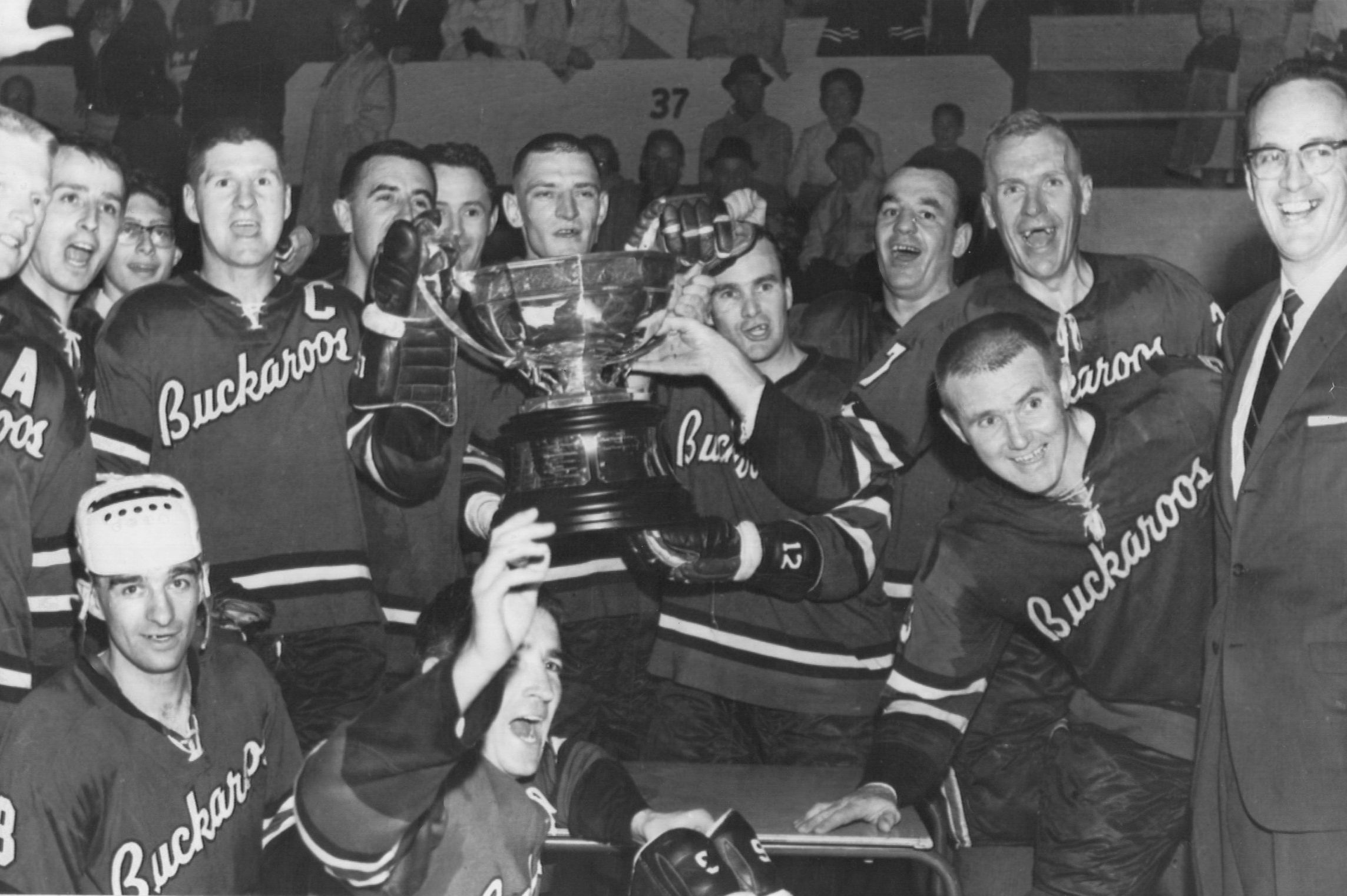Timbers Star Diego Valeri on Keeping Fit in Quarantine
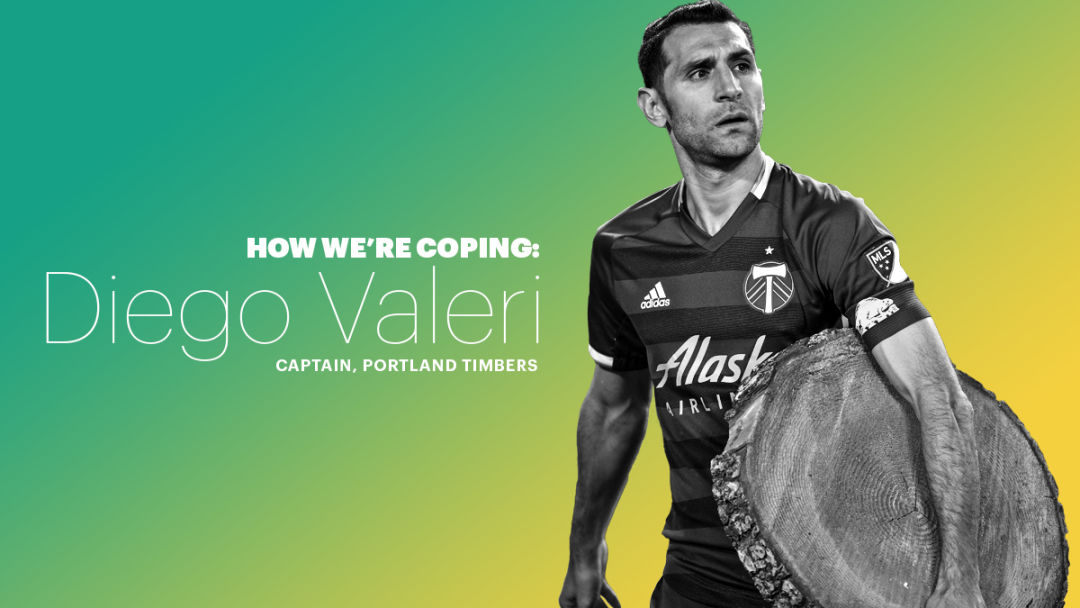
Image: Courtesy Portland Timbers
El Maestro spent the spring cooped up in his Portland home, just like many of us. The Argentine national, who joined the Timbers in 2013, turned 34 in May, weeks before he and his teammates were allowed to practice together, and before Major League Soccer announced the resumption of its season with the MLS is Back tournament (the Timbers start group play July 13 against the LA Galaxy, their first game since March). We talked to him when he was still under stay-home orders about how he’s kept fit, what he learned from completing his coaching license during lockdown, and whether he might want to coach the Timbers one day.
“[At home] we have a strong routine from Monday to Saturday. Our trainers prepare us with an application on the phone. Every day you have something different, keeping working strength, aerobics, and as much as you can do. We have a good routine. It’s about an hour, hour and a half—training strength, different muscles. And then at the end we try to work the feet, the endurance, or mix them. Or pass the ball, and move it in short spaces.
“It’s not that hard. It’s part of our job. We have to keep our health and our fitness as good as we can. And obviously, sometimes I do some things with my daughter, but it’s part of our jobs. We have to do it. You never know. My guess is there’s not going to be a lot of time to prepare for a game, so you have to be fit.
"I'm not going outside. I have a balcony [at home]. It's a big balcony, a big area. So I train there and, you know, I use that space to work with the ball. I have an elliptical, I have a bike, so I mix it up. But most all of that is inside or on my balcony. I'm just, you know, following the steps of our doctor that recommended us to go to be inside us as much as you can. The [team recommended dietary guidelines] didn't stop because you never know when we need to restart."
“Obviously the only thing that you miss is the team and the teamwork. But we are doing a lot of stuff in video trying to connect with the coaching stuff. And it’s been good—all the stuff that we cannot do in this field, we are doing it through the video."
“It’s not easy. I mean, there’s some teammates that are living alone, and they’re having a tough time [like] a lot of people. It’s not easy, but we connect normally once or twice a week, we talk to each other. We can always see each other and support each other. So that’s the best moment to do it. We try to be connected as much as we can.
“Personally, I use the time to study, to read, to meditate, to think about life, to spend more time with my wife, with my daughter. Playing together, spending time together, playing guitar, doing some stuff that recreates your mind, helps your mind and makes you a better person. And connects you better with life. I think we are privileged to have that time, to have a house, to be able to use the time. And obviously trying to offer help as much as you can in your position.
“We have a plan as a family. We have a routine. We, we try to wake up as normal. We wake up early in the morning. Our daughter has school in the morning.... We train in the mornings sometimes and then we eat lunch. Then we do something together. We use some time to, let’s say, read, to think, to watch maybe a movie or whatever. But trying to do some more stuff together.
“I don’t know for sure [what kind of coach I will be]. I’m going to be a coach that respects the dignity of the positions. I always wanted to be a kind of player that respect the dignity of being a soccer player, right, inside and outside the field. So if I think about being a coach, being a leader of a group ... doing it in a way where you respect the dignity of our profession, of our environment. I’m going to be like that. And obviously I imagine that I’m going to be very, very open and very connected with the players. The players are the most important. And they’re the ones that make the difference.
“[Learning to coach] has to affect, in a good way, how you understand the game, how you want to play it. And I’m not only talking tactically ... but about how you see the game, how you create a [team] identity to play. So that’s good. And obviously it makes you understand the coaches. When you become older you see things different. You realize how many things a coach is [responsible for]. How many things he has to do to command a group.
“I would love to keep helping our club. So that’s for sure. I love our supporters and our club ... and you always want to be in a position where [you] can help, right? What the future is going to say ... it’s hard to put it down. I’ve been a professional from a very young age, so it’s hard for me to keep the same routine. We’ll see. We’ll see. I’m going to meditate about it. Then if God wants to give me the opportunity to keep working in soccer, I’ll see where what is the best place to do it and where I’m more prepared.”


